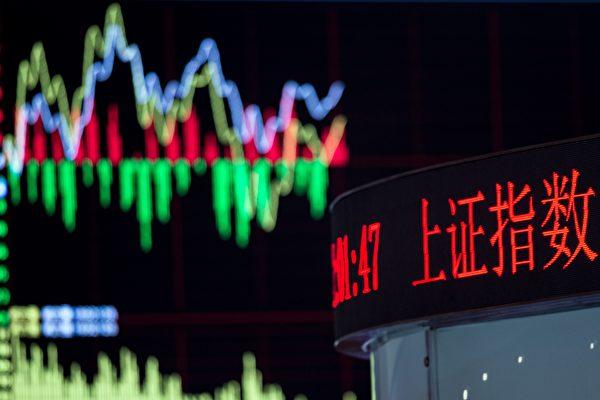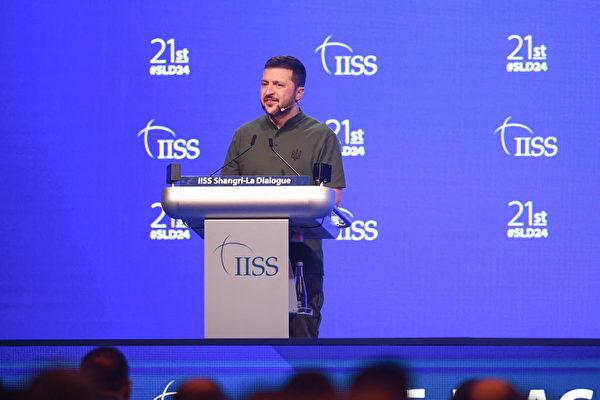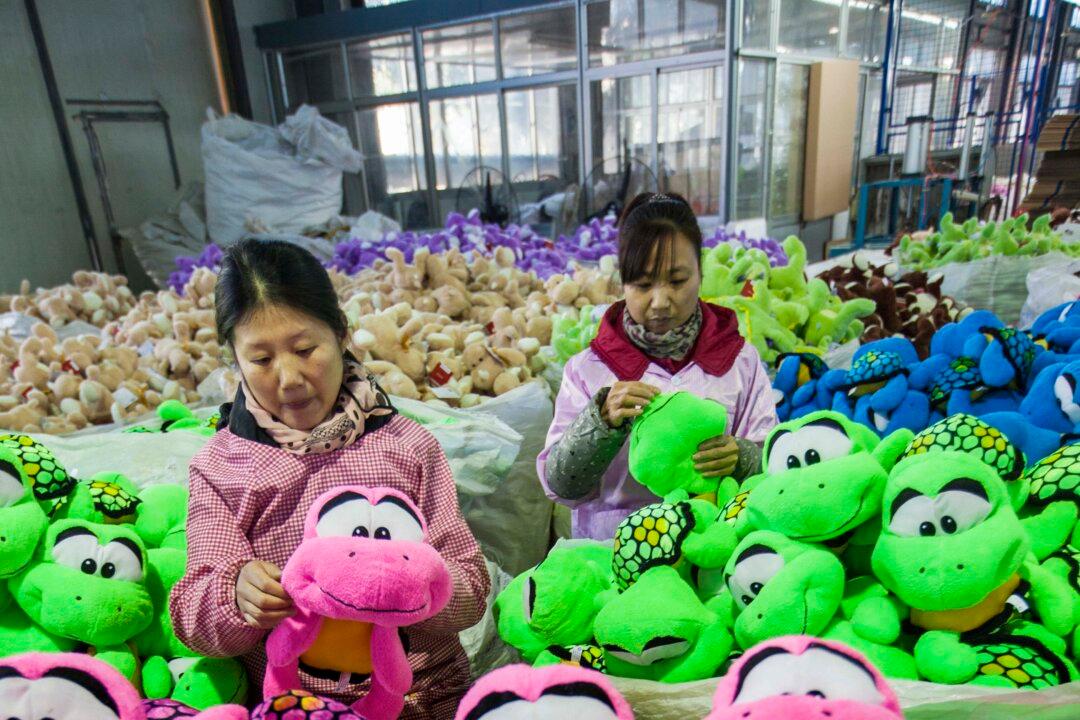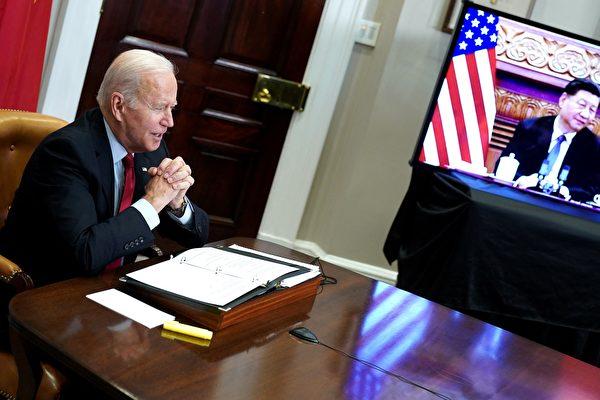Amidst China’s economic and fiscal crisis backdrop, a notable leadership shift has occurred at the China Securities Regulatory Commission (CSRC). Following the change, numerous listed companies have come under intense scrutiny and face penalties from the CSRC due to financial misconduct and other infractions. Among these, Shaanxi Aerospace Power stands out for inflating its revenue by $525 million over five years, while the prominent pharmaceutical company GuangYuYuan has been implicated in financial fraud exceeding $93 million over eight years.
From January through March of this year, the CSRC subjected 60 A-share listed companies in China to administrative penalties, marking a year-on-year increase of over 60 percent. The common reasons for penalties include accounting irregularities, failure to meet disclosure obligations, missed deadlines for periodic reporting, inadequate internal systems, and suspected insider trading, among other illicit activities.





